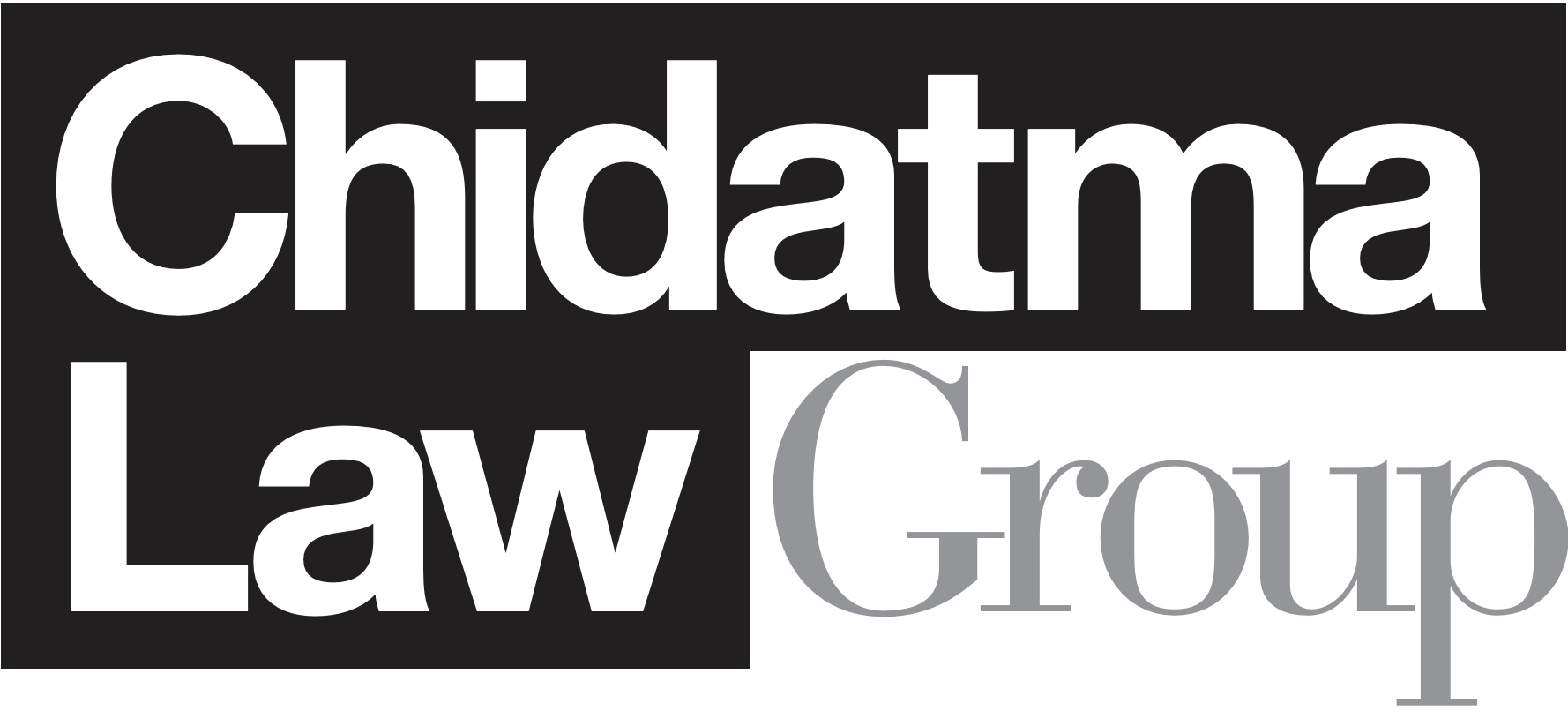
While the COVID-19 pandemic continues to affect our daily lives and businesses, it is vital that we continue to update our clients and friends as to any important legal developments and regulations. In a previous blog post, we briefly discussed the relevance of force majeure (or act of nature) clauses on contracts in the wake of the pandemic. Residential leases evictions have been delayed under the Emergency Eviction and Foreclosure Prevention Act of 2020. This has safeguarded New York renters and homeowners from losing housing due to financial hardship brought by the pandemic. This moratorium has been extended until August 31, 2021. The looming delta variant, may extend the moratorium. However, non-residential leases and commercial contracts have been treated differently during this period. We will look at several cases in these areas since lockdown began in March 2020.
Force Majeure Clauses
A force majeure contract provision excuses a party’s delay or complete failure of performance under an agreement due to extreme circumstances beyond the parties’ control. The most common events that constitute force majeure events include war, acts of terrorism, and natural disasters. When drafting a force majeure provision, one can expect to find these components: an excuse of performance, a list of force majeure events, the parties’ obligations, and remedies.
In Application
For many businesses and individuals, the pandemic has posed as a barrier from executing one’s contractual obligations. Thus, people have turned to force majeure provisions in their contracts (if included) to shift liability away from themselves. As time has passed, courts have heard varying cases where parties have contested over the applicability of these provisions to their unique COVID experiences. A recurring area where these disputes arise is commercial real estate agreements. Otherwise, these disputes arise in other, particular areas.
Force Majeure Accepted. In JN Contemporary Art LLC v. Phillips Auctioneers LLC, an auction house terminated an agreement with an art seller to auction a Rudolf Stingel painting at an auction scheduled for May 2020. Phillips, a well know, auction house, cited the pandemic as the cause of delaying the event and for terminating the agreement. The agreement’s ‘Termination Provision’ provided that, “in the event that the auction is postponed for circumstances beyond our or your reasonable control, including, without limitation, as a result of natural disaster…we may terminate this Agreement with immediate effect.” The court found that the pandemic triggered this provision and declared that the COVID-19 pandemic is a natural disaster. While the listed force majeure events did not refer to a pandemic, the court attributed the event as a natural disaster according to existing definitions of the term ‘natural disaster.’
A lower court was confronted with a similar agreement dispute in Nelkin v. Wedding Barn at Lakota’s Farm, LLC. The engaged couple contracted to rent a venue for a wedding, scheduled for October 2020. However, once the pandemic began, the couple notified the venue in May of their decision to cancel the wedding and requested a refund of their payments. The venue refused to issue the refund, arguing it could have provided the space on the agreed date to a reduced number of guests, or move the date. A force majeure provision was found in their agreement and listed ‘government regulations’ as an event that justified the agreement’s termination without liability and refund of all refundable deposits. Because of the series of executive orders that limited large person gatherings, the court concluded that the couple’s decision to terminate the contract was covered by the force majeure provision. Given the uncertainty of the pandemic the court found it was reasonable for the plaintiff to have terminated the agreement nearly five months in advance.
Together, these cases illustrate the level of importance that force majeure provisions may have when faced with situations that interfere with or prevent performance under a contract. The language provided in the provision will determine whether the event will be covered. As these cases show, attributing an event to a listed event in a force majeure provision or attaching an event to the definition of terms used in the provision may help make for a successful defense.
Force Majeure Rejected. A recurring area where force majeure provisions have been contested over is commercial property contracts. These cases reflect that courts are leaning towards ruling for landlords, whether the tenants have contracts that contain force majeure clauses or rely upon other common law defenses.
With Gap Inc. v. Ponte Gadea New York LLC, the Gap sought to rescind a lease agreement for a retail space in Manhattan. The Gap raised the common law doctrines of frustration of purpose and impossibility, both of which hinder on the event being unforeseeable. However, the Federal District Court found Gap’s reasoning to be unavailing because the agreement’s force majeure clause anticipated the event itself. Under the lease, an ‘event of default’ occurred when Gap failed to pay the monthly rent when due, and a force majeure event was defined, amongst other things, as “governmental preemption of priorities or other controls in connection with a national or public emergency.” According to the court, the parties contemplated and foresaw circumstances under which government regulations would interfere with the tenant’s obligation to pay the rent. Thus, this was a foreseeable event, Gap’s arguments were dismissed, and the landlord was entitled to both terminate the lease and collect the remaining rent.
Similarly in A/R Retail LLC v. Hugo Boss Retail, Inc., Hugo Boss and its landlord for a commercial space at The Shops in Manhattan sued each other, claiming liability for breaches of the lease. The court granted the landlord’s motion for summary judgment on its claims for breach of contract and attorney’s fees, and found Hugo Boss’s reliance on the force majeure language of the lease to be ineffective. The lease agreement defined force majeure events as “causes beyond the claimant’s reasonable control and occurring without its fault or negligence including, without limitation…order or regulations of or by any governmental authority.” More notably, the lease specified that the “landlord and/or tenant shall be excused for the period of delay in the performance of any of their obligations hereunder, except Tenant’s obligations to pay any sums of money due under the terms of this Agreement, and shall not be considered in default, when prevented from so performing because of Force Majeure.” The language of the lease anticipated the foreseeability of a force majeure event triggered by governmental regulation, and it excluded the event from its continuing obligation to pay rent. As per the court’s order, the landlord was awarded summary judgment on its claims for breach of contract and attorney’s fees.
These cases highlight that despite including force majeure provisions in commercial lease agreements, their language may ultimately fail to allow a tenant to avoid its obligations to pay rent. This has been seen amongst several commercial lease lawsuits over the course of the pandemic, and this will likely only continue. As businesses have gradually re-opened and have offered alternative service methods such as curbside pickup or delivery or internal monitoring methods such as temperature checks, capacity limits, and vaccination proof, the argument that tenants can no longer afford to pay their leases becomes less availing.
Closing
Developing case law illustrates the level of scrutiny that force majeure provisions ought to be treated with as the pandemic continues. The first issue to address is identifying whether your contract contains a force majeure clause. Second, if it does, sift through the language used. Do listed terms such as “pandemic,” “natural disaster,” or “government regulations” appear? Third, discern the obligations of the parties in the agreement. For instance, must one party provide notice to the other within a specified time period? Finally, determine what remedies are available. Are the parties obligations to one another extinguished? Is the contract formally terminated? Will refunds be disbursed? The same factors should be considered in the drafting of or inclusion in a commercial contract or lease.
How is your business affected by COVID-19? Let us help you
If your business suffers due to the novel coronavirus’s devastating impacts, don’t delay. Relentless demands, late deliveries, missed payments, confusing contracts and non-performance present overwhelming and confusing issues. Trust the experienced, caring professionals at Chidatma Law Group.
Conveniently located in New York City (and available by Zoom conference), your experienced business lawyers, Michelle Mandelstein and Dwight Yellen, will make you our priority and put your mind at ease. We are seasoned professionals and know business! We will answer your questions, evaluate your circumstances, and discuss your options. Call us right away (212-903-4546), or contact us confidentially online.
Thanks to our summer associate, Luciano De Luca, for assisting with this article. We wish you continuous good health and safety during these times, and for those who observe, Happy New Year.

